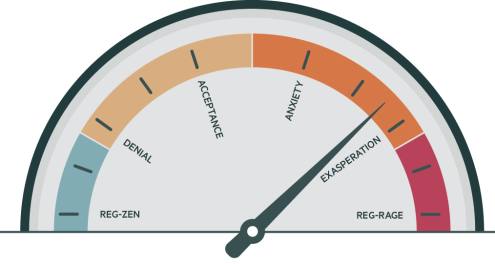1 Economic prospects seem to be improving, although there is still, in our opinion, a great deal of uncertainty over the next few months in relation to an economic recovery. The focus of our financial strategy has shifted from a pure concern of deleveraging, focusing on core activities and selling non-strategic assets to a concern of optimising the cost of funds, exploring refinancing opportunities and also looking at other financing alternatives less focused on the bank and debt markets. New sources of funds, capital markets and targeting new investors will certainly be on the agenda, as well as interest rate risk management, with the likely hike in interest rates, although we will maintain a prudent and conservative approach in relation to our financial strategies.
2 Although hybrid capital is probably more appealing to banks that struggle to find creative ways to meet their capital requirements – particularly in light of the new Basel Committee and BIS guidelines/directives – we are open to new sources of funding, especially if they allow us to raise funds at an acceptable cost and in a tax efficient way. We realise that hybrid capital is more expensive than debt but if it retains the flexibility of capital (by avoiding the impositions of covenants and other limitations on business) without any dilution and allows us to replace and free up equity contributions, then it should be carefully evaluated, since it may enable us to maximise our shareholders’ return on equity.
3 Although offshoring may seem to be a very attractive proposal, especially in a cut-throat, competitive environment – where if you are not efficient you are out of business – there are some potential difficulties to effective offshoring, including linguistic issues, cultural differences, lack of physical contact and lag in response time and time-zones gaps. In our opinion, you will need very standardised and documented procedures, good information systems and a sufficient size and global reach to make the most of offshoring advantages, which is not always the case. But the macroeconomic impacts of offshoring deserve to be equated, since we believe that each corporation has a social role to play in it’s geographical area of influence, and offshoring may cut costs, but it will also mean job losses, less wealth creation and, therefore, less consumption and, in the long term, less growth for your company.






